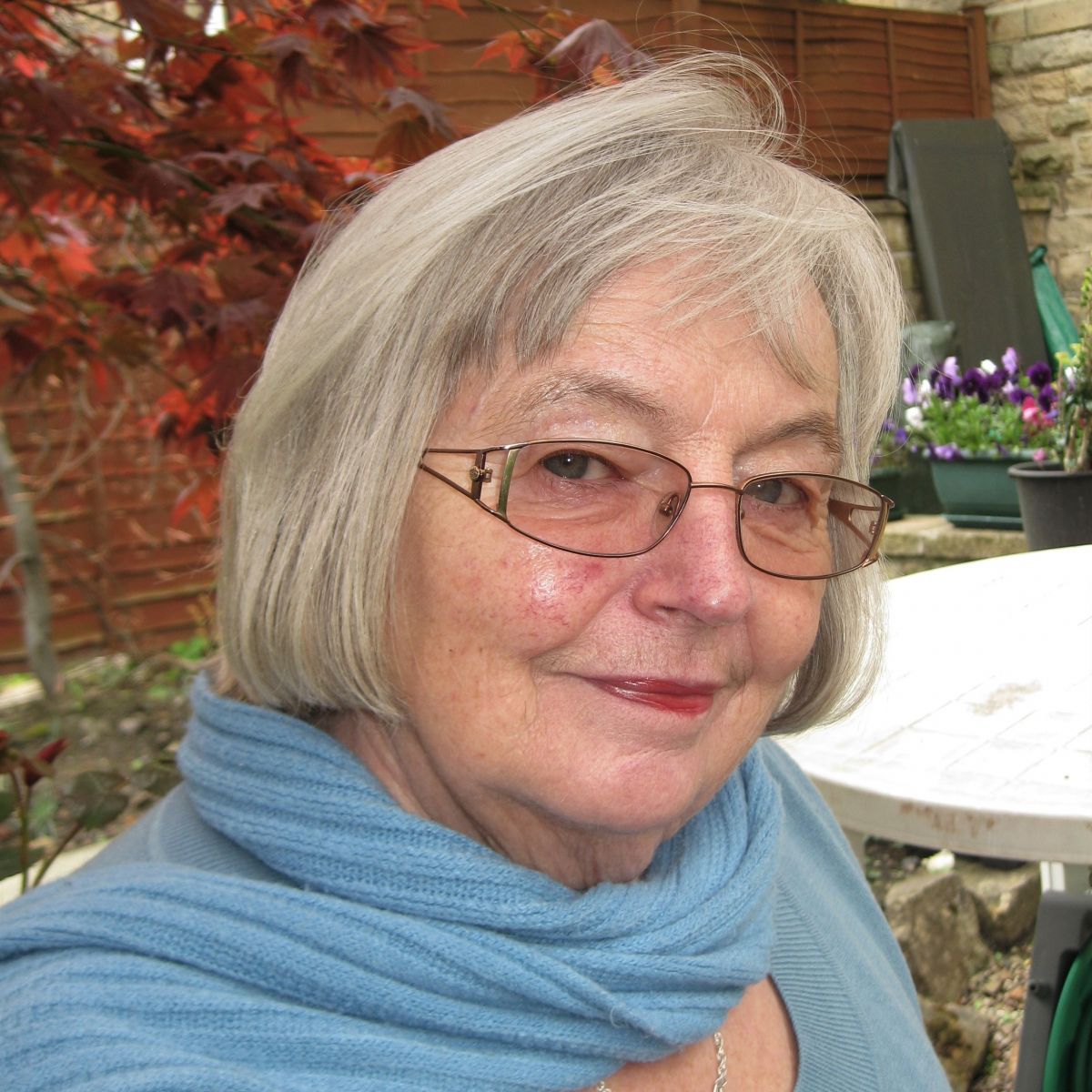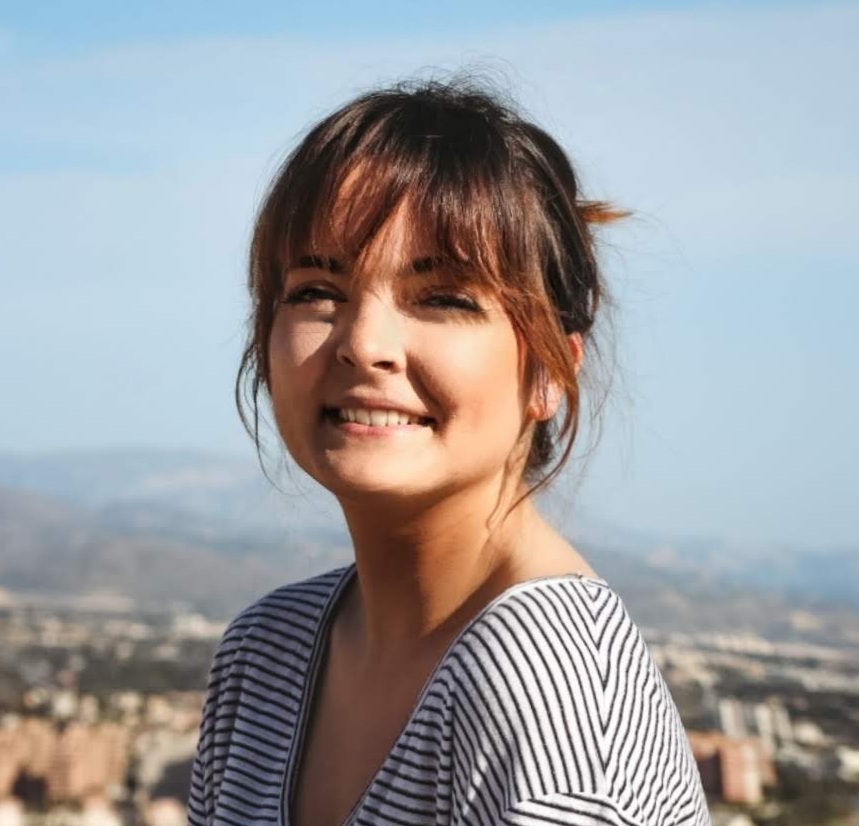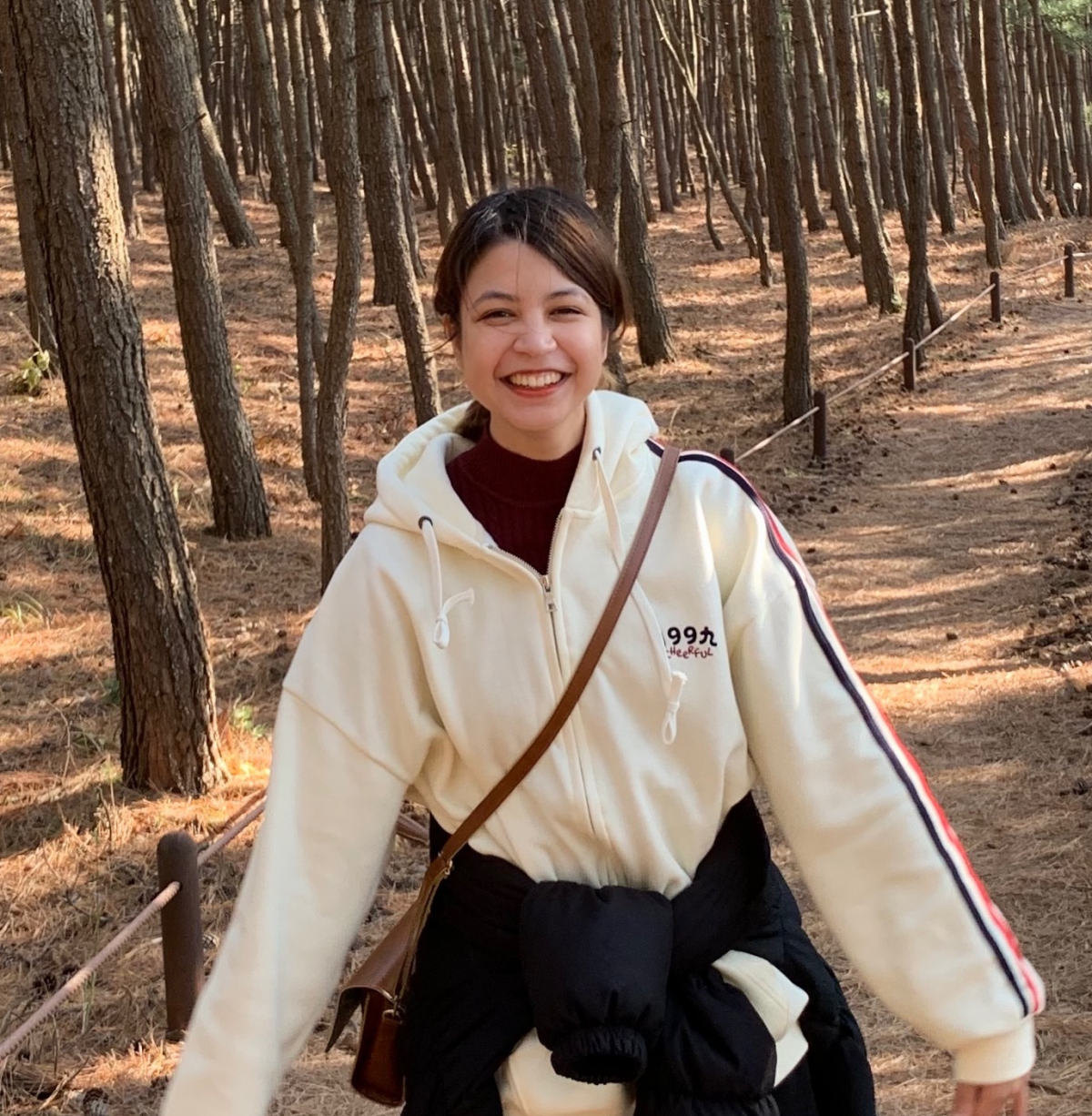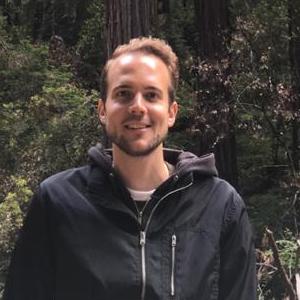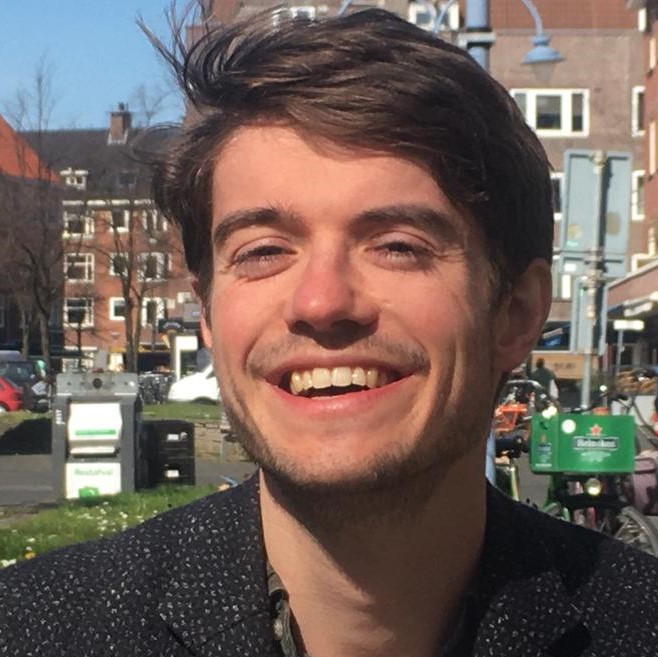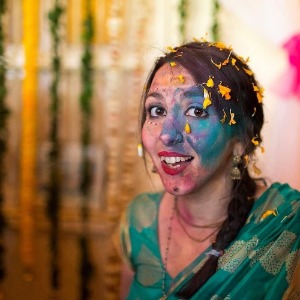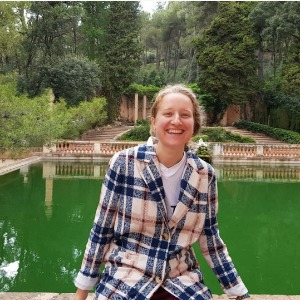Beobachtungen einer Zeitzeugin
Ich ziehe Parallelen zwischen meinen Erfahrungen des Zweiten Weltkrieges und der Covid-19 Pandemie.
United Kingdom, Northern Europe
Eine Geschichte von Alice McLure. Übersetzt von Sandra Wohlauf
Veröffentlicht am May 26, 2021.
Diese Geschichte ist auch verfügbar in 

Lockdown, Selbstquarantäne, Social Distancing – diese doch irgendwie seltsam scheinenden Begriffe sind inzwischen schon so bekannt und in unseren Sprachgebrauch verbreitet, wie bei uns in England die „Fish and Chips“.
Mit meinen inzwischen über 80 Jahren ertappe ich mich oft tief in Gedanken über die ungeheuerliche Bedrohlichkeit dieser Pandemie und frage mich, ob ich je etwas Ähnliches erlebt habe.
Sofort schießt mir da der Zweite Weltkrieg in den Kopf. Nun war ich gerade einmal sieben Jahre alt, als der Krieg sein Ende fand, also spiegeln meine persönlichen Erfahrungen sicher bei weitem nicht die ganze Bandweite des Schreckens jener Zeit wider. Dennoch kommt es mir vor, als ob die damaligen Erfordernisse des Krieges sich von jenen heutzutage unterscheiden. Zu Zeiten des Zweiten Weltkrieges kämpften und ließen Millionen an Männern und Frauen ihr Leben für ihre Heimatländer. Mir fällt es schwer, diese Selbstlosigkeit jener Zeit in der heutigen Gesellschaft wiederzufinden.
Inmitten von Essens- und Kleidungsrationen, wurden bei mir Zuhause im Vereinten Königreich die Dorf- und Stadthallen sowie Kirchen den Männern zur Behausung während ihres militärischen Trainings zur Verfügung gestellt. Frauen übernahmen die Arbeit der Männer und vor allem diejenigen, die in den Munitionsfabriken arbeiteten, taten dies unter großer Gefahr. Nach Ende des Krieges fand sich die Arbeitswelt in einem unwiderruflichen Wandel.
Sogenannte Blackouts, also zeitlich festgelegte Zeiten des Stromsparens, waren für alle verpflichtend und von der Polizei kontrolliert. Der kleinste Lichtschein brachte schon die Aufseher an die Tür, die erst dann wieder gingen, wenn das Licht wieder erloschen war. Ich hegte ihnen gegenüber aber keine bösen Gefühle. Ich erinnere mich, dass sie im Vorbeigehen öfters eine Tasse Tee tranken und mir wurde gesagt, dass ich es normalerweise schaffte für diesen Anlass wach zu sein und ihnen meine Interpretation von der Hymne „Wir pflügen und wir streuen!“* zum Besten gab.
Natürlich gab es während dieser Zeit auch Probleme und schwarze Schafe, aber trotzdem lag ein gewisses Gefühl der „Solidarität“ im ganzen Land in der Luft. Es gab sicherlich wenige, die sich des Ursprungs ihres Leidens nicht bewusst waren.
Immer wieder entdecke ich Parallelen zwischen meinen Erfahrungen des Zweiten Weltkriegs und Covid-19 – dieser Pandemie, die schon so vielen Menschen das Leben gekostet hat und unsere Welt mit großer Wahrscheinlichkeit auch für weitere Zeit in Schwebe halten wird.
Zu Kriegszeiten empfingen die Menschen im Großen und Ganzen die verstärkte Involvierung der Regierung in ihrem täglichen Leben mit offenen Armen. Heutzutage aber gibt es Menschen, die die Sicherheits- und Verhaltensregeln der Regierung gewisslich missachten - sei es aus Ignoranz oder reiner Selbstgefälligkeit. Damals halfen Kriegsrationierungen dabei, die Einstellungen der Menschen zu ändern, da jeder nur auf eine gewisse Anzahl an Produkten beschränkt war. Heutzutage haben wir das Toilettenpapier-Drama. Damals war jedem bewusst, dass wir alle derselben Gefahr ausgesetzt waren, aber heutzutage scheinen sich einige Gruppen unserer Gesellschaft über diesen Gefahren zu sehen und verschwenden keinen Gedanken an die möglichen Gefahren, denen sie andere durch ihr Verhalten aussetzen.
Aber auch zur jetzigen Zeit finden wir Zusammenhalt in unseren Gemeinschaften: Einer unserer Nachbarn hinterließ uns eine Nachricht im Briefkasten mit dem Angebot, uns zu diesen Zeiten auf jegliche Art zu unterstützen. Wir haben angefangen wöchentlich für die Arbeit unseres National Health Service, das öffentliche Gesundheitswesen Englands, welches sich aus den Erfahrungen des Zweiten Weltkrieges entwickelt hat, zu applaudieren. Wir versuchen Sport zu machen und uns gesund zu halten. Wir helfen, wo wir können, und sind für jede Hilfe dankbar, die uns gegeben wird.
Aber was ist mit meinem geliebten Ehemann, der an Alzheimer leidet? Die ihm gegenüber täglichen und immer wiederholenden Erklärungen zu unserer momentanen Situation werden emotional immer belastender und dabei zuschauen zu müssen, wie sich sein Zustand graduell verschlechtert inmitten dieser seltsamen Tage der Pandemie, ist für mich ein Schmerz, der schwer in Worte zu fassen ist.
Und dann, fast als eine Antwort auf unsere Gebete, kam Zoom in unser Leben. Zweiwöchentliche Online-Chats mit unserer Familie, wöchentliche Online- Treffen mit meinen Freundinnen im Ausland und dem Buchclub … und das alles von Zuhause aus!
Von 7 bis 82 – Ich habe in meinem Leben inzwischen schon die Auswirkungen zweier großen Ereignisse der Weltgeschichte miterlebt. Bin ich der Zukunft gegenüber optimistisch gestimmt? Nun, vielleicht ein bisschen.
Was macht diese Geschichte mit dir?
Follow-up
Do you have any questions after reading this story? Do you want to follow-up on what you've just read? Get in touch with our team to learn more! Send an email to [email protected].
Unterhalte Dich über diese Geschichte
Please enable cookies to view the comments powered by Disqus.
Subscribe
Melde Dich an für unseren monatlichen Newsletter und bleibe up-to-date mit neuen Geschichten auf Correspondents of the World.
Mehr Geschichten auf Deutsch
Tags
Erkunde andere Themen
Mach mit
At Correspondents of the World, we want to contribute to a better understanding of one another in a world that seems to get smaller by the day - but somehow neglects to bring people closer together as well. We think that one of the most frequent reasons for misunderstanding and unnecessarily heated debates is that we don't really understand how each of us is affected differently by global issues.
Unser Ziel ist es, dies zu verbessern - und zwar mit jeder Geschichte, die wir teilen.
Community Weltweit
Correspondents of the World is not just this website, but also a great community of people from all over the world. While face-to-face meetings are difficult at the moment, our Facebook Community Group is THE place to be to meet other people invested in Correspondents of the World. We are currently running a series of online-tea talks to get to know each other better.











